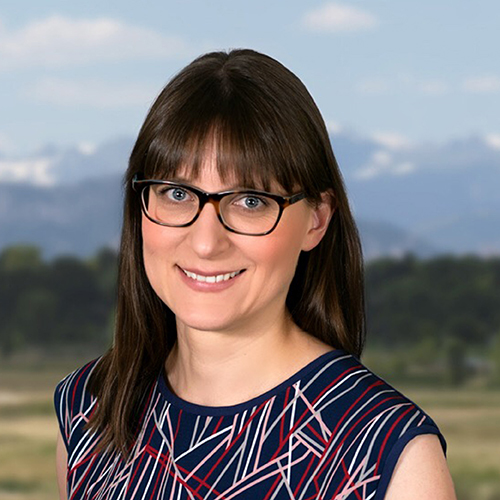In her research, Dr. Franziska Glassmeier approaches the problem of representing clouds in climate simulations from a new perspective. Instead of focusing on the detailed processes that affect individual clouds and that cannot be represented due to computational limitations, she will explore the collective behavior of clouds fields on scales that can be captured in climate models. The essential idea behind this change of perspective lies in the observation that the complexity of small-scale process detail often assembles into an effective, or emergent, behavior on the system-wide scale. Applying a range of concepts and methods from complex-systems theory and non-equilibrium thermodynamics to observations and detailed simulations, Dr. Franziska Glassmeier systematically studies the emergent behavior of climatically relevant cloud types. She especially focuses on the emergence of specific spatial arrangements and patterns in cloud fields. Dr. Glassmeier’s goal is to explore the potential of emergent behavior in cloud systems as a new strategy for improving the representation of clouds in climate models.
